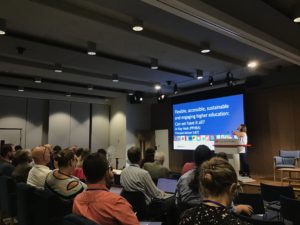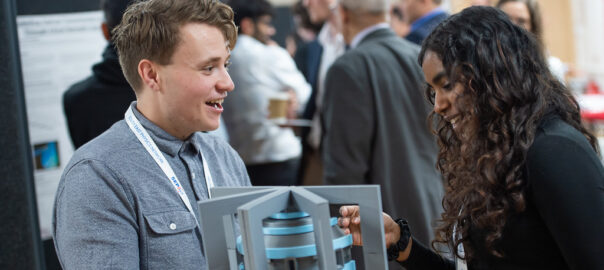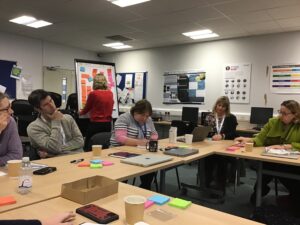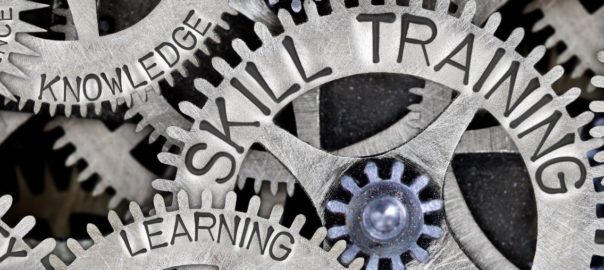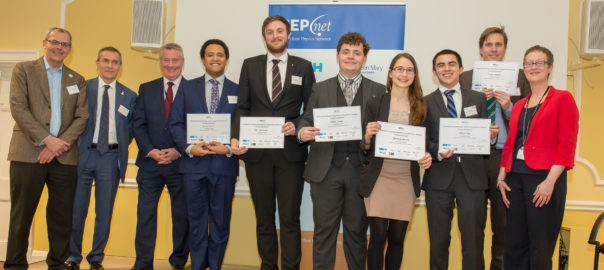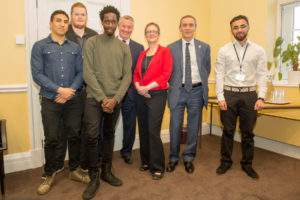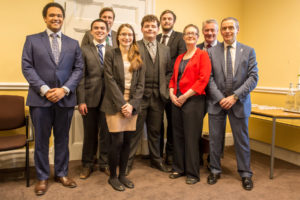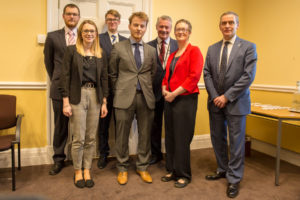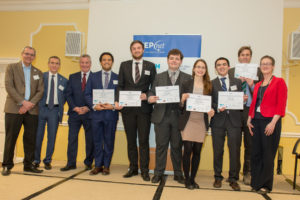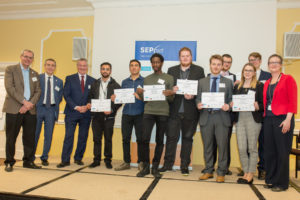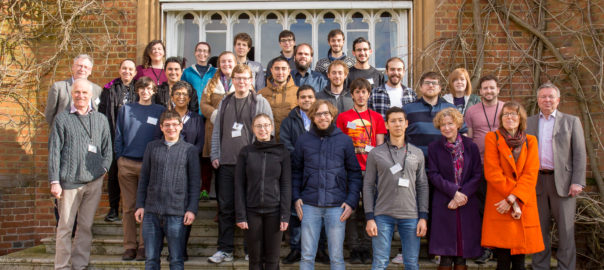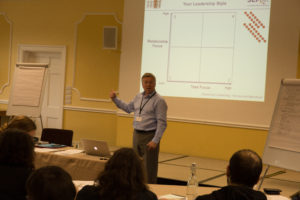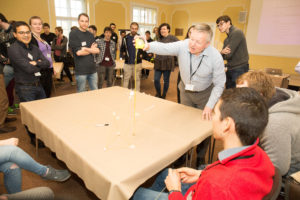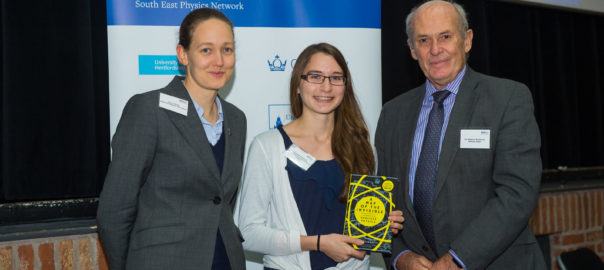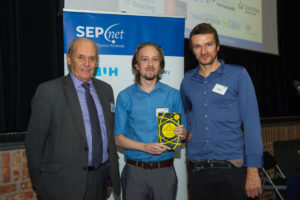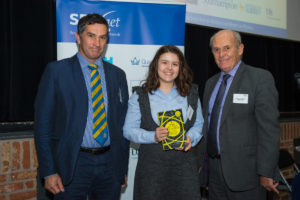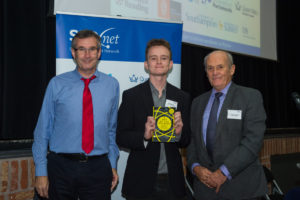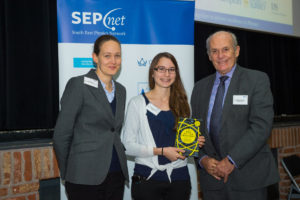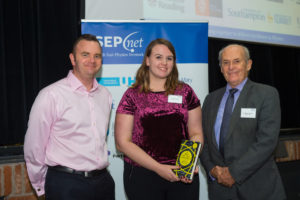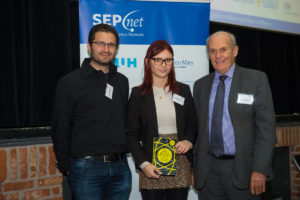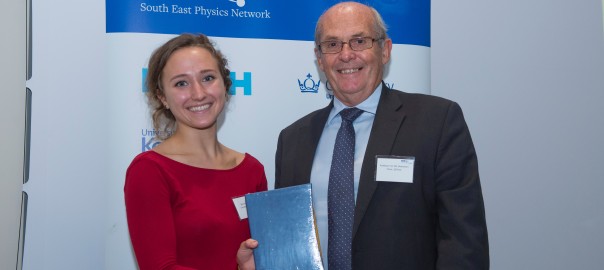The Future of Physics Teaching
New ways of teaching, assessing and embedding employabilty and equality
Thursday 30 June 2022, Institute of Physics, London.

Recent challenges, including the pandemic and changes within HE, have had a dramatic impact on undergraduate teaching, future skills needs and the world of work.
The IOP’s recent new research on the critical role of physics skills reveals that while they underpin productive industries in every part of the UK, there is still significant unmet demand for these skills which is impacting employers’ ability to grow and innovate.
In this context SEPnet and WRIPA are hosting a one-day workshop to explore how physics teaching and assessment can change to equip students from all backgrounds with skills and knowledge for future labour markets.
We will hear how the IOP will support academics to make changes to their teaching and assessment to encourage innovation and meet new accreditation requirements, We will also share best practice examples, in physics and other disciplines, on how to effectively ebbed curricular employabilty skills and implement equality, diversity and inclusion to ensure under-represented student realise their career potential.
Organised by:
Claire Hepwood, Employer Liaison Director, South East Physics Network (SEPnet) c.hepwood@rhul.ac.uk
Dr Andrew Hirst, WRIPA Manager, Department of Physics, University of York andrew.hirst@york.ac.uk
Beth Medley, Employability and Placement Officer, White Rose Industrial Physics Academy (WRIPA), Department of Physics, University of York beth.medley@york.ac.uk
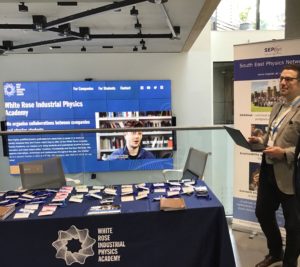
PROGRAMME
Chaired by Professor Sir William Wakeham
The new IOP accreditation process – more flexibility in curriculum design
How do we get the balance right between employability, skills and academic rigor and encourage innovation while also ensuring compliance with accreditation? Are they two different things?
Robyn Henriegel, Accreditation and Professional Standards Manager, Institute of Physics
More information on the IOP Degree Accreditation Framework
Effective blended and hybrid learning in HE
How do we support staff in adopting inclusive and engaging teaching practices that promote success for all students?
Dr Catherine (Kay) Hack, Principal Adviser (Learning and Teaching) Advance-HE
Learning from Engineering
Can we equip physics students with problem-solving, resilience and teamworking skills through real-world group projects?
How do we avoid siloed learning? Is programme-level teaching or portfolio assessment the answer?
Professor Danielle George, Associate VP and Professor of Radio Frequency Engineering, University of Manchester
How we deliver effective online learning
Can technology be used to replace experimental work in the first two years of a physics degree?
How does online learning design in modular physics teaching enhance the student experience, employability outcomes and close disability gaps?
What impact does tuition and assessment strategy have on outcomes in level 1 / 2 physics modules?
Dr Helen Jane Fraser, Director of Research and Senior Lecturer in Astronomy, School of Physical Sciences, The Open University
How do we assess now?
How have departments modified assessments following the loss of invigilated tests and examinations?
What interventions and new ideas will transform assessment?
Dr Nicolas Labrosse, Senior Lecturer (Physics and Astronomy), University of Glasgow
How to implement a physics-related micro placement module into a physics degree
Focusing on the benefits for both students and employers
Dr Samantha Pugh, Associate Professor in STEM Education, University of Leeds
How can we diversify our physics intake?
• Can data become a barrier to progress?
• Tackling the gender and attainment gap.
Professor Brad Gibson, Head of Department of Physics and Mathematics, University of Hull
Working with businesses to improve the employability of under-represented students in STEM
• How are universities supporting disabled students to find jobs?
• How do we prepare under-represented students for the labour market?
• Engaging students and breaking down barriers
Emily Huns, Head of Careers and Entrepreneurship, University of Sussex
